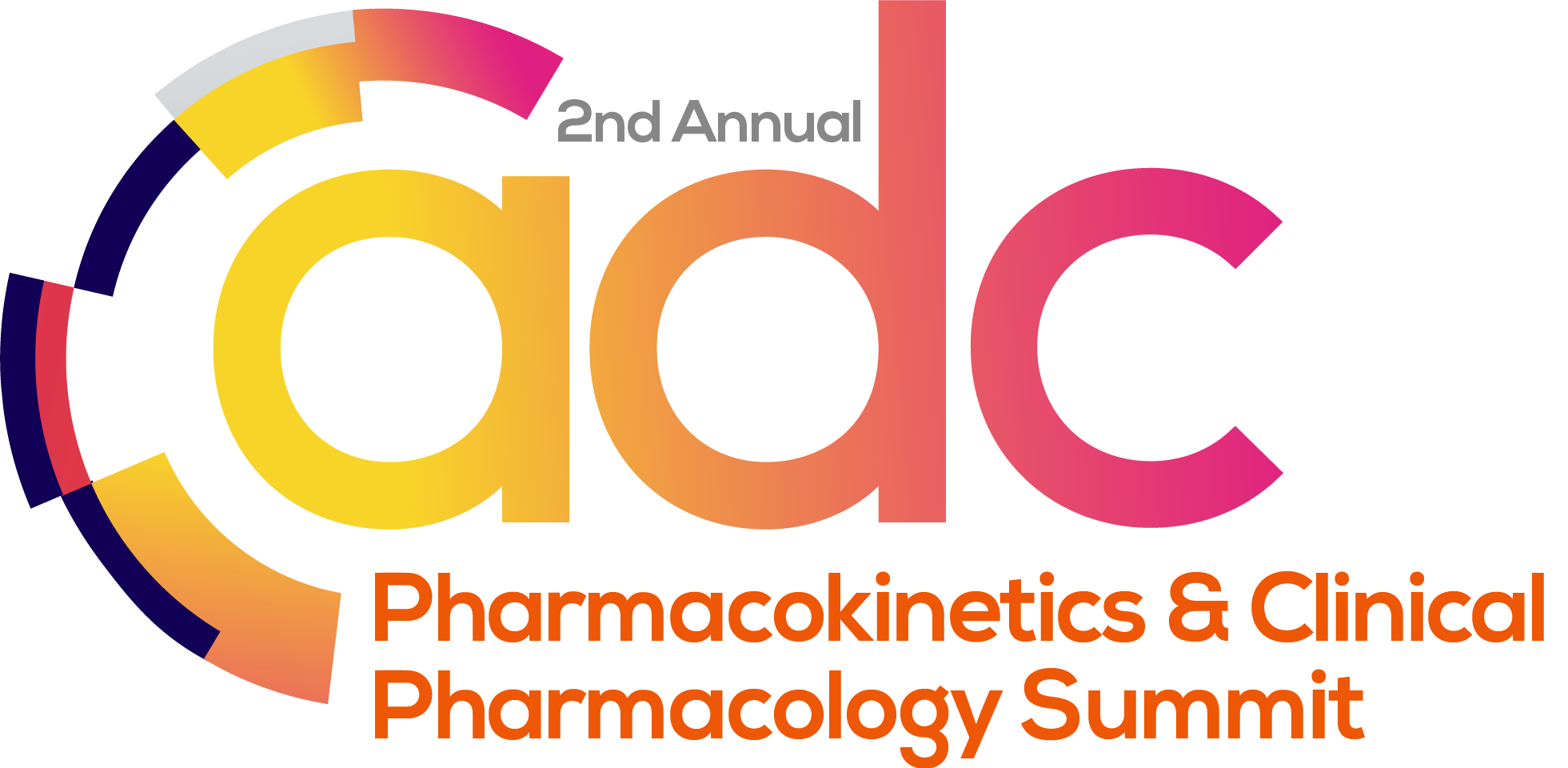Conference Day Two
8:00 am Check In & Coffee
8:50 am Chair’s Opening Remarks
Bridging the Translational Gap for PKPD: Preclinical Approaches for Improved Translation of PK & Reduced Reliance of Animal Models
9:00 am Characterizing Critical ADME Parameters Influencing ADC Disposition & Enhancing Conjugation Stability for Improved Therapeutic Performance
Synopsis
- Identifying key ADME factors that affects ADC's behavior in the body their effectiveness
- Exploring strategies to improve conjugation stability to enhance ADC durability and therapeutic benefit
- Using preclinical insights to better predict human PK and reduce reliance on extensive animal testing
9:30 am Session Details to be Announced
10:00 am Predicting Pharmacokinetic Properties of ADCs Using AI: Efficiently Ruing Out Poor PK Profiles
Synopsis
- Leveraging AI tools to predict ADC pharmacokinetics early in development and flag potential issues
- Streamlining candidate learning with traditional preclinical data to improve prediction accuracy and decision-making
- Integrating machine learning with traditional preclinical data to improve prediction accuracy and decision-making
10:30 am Morning Networking Break
11:00 am Preclinical to Clinical Translational Pharmacology of ADCs & Combinations
Synopsis
- Preclinical models often overpredict ADC clearance and efficacy; clinical translation requires biomarkers and modelling
- Payload toxicities dominate; humans show lower tolerance than animals; combinations add overlapping risks
- Preclinical PDXs exaggerate responses; clinical outcomes are limited by heterogeneity and resistance
11:30 am Session Details to be Announced
12:00 pm Impact of ADC Stability on Safety & Translation of Preclinical Stability Data into Human PK Prediction: Species-Specific Considerations
Synopsis
- Defining key factors and implications of ADC instability on safety
- Exploring species differences in stability and PK, discussing ADC degradation in rodents vs. other species: Significance for model selection
- Translating preclinical stability data into human PK: Modeling approaches and predictive value
12:30 pm Lunch Break & Networking
Understanding Tumor Internalization: Investigating the Bioanalysis of Increasingly Complex ADCs to Better Understand Drug Clearance & Efficacy
1:30 pm Bioanalytical Strategies for Novel ADC Modalities: Challenges in Stability & in vivo Analysis
Synopsis
- Exploring advanced analytical techniques to assess ADC structural integrity and ensure product consistency
- Characterizing drug-to-antibody ratio (DAR) and conjugation sites to understand their impact on ADC behaviour
- Linking analytical findings to ADC clearance and efficacy for improved bioanalytical interpretation
2:00 pm Bridging Preclinical & Clinical Bioanalysis – Platforms & Assay Adaption from LC-MS to LBA
Synopsis
- Discussing challenges and strategies for transitioning bioanalytical assays from LC-MS in preclinical studies to LBA in clinical settings
- Highlighting assay adaptations needed to maintain accuracy and sensitivity across different platforms
- Sharing best practices to ensure seamless data continuity and reliable ADC characterization throughout development
2:30 pm Challenges in ADC Bioanalysis: The Impact on in vivo Biotransformation in Incurred Samples on Assay Designs
Synopsis
- Exploring how the impact of biotransformation in vivo affects the suitability of different assay formats
- Addressing how the impact of these biotransformation's were uncovered and the strategies used to manage them
